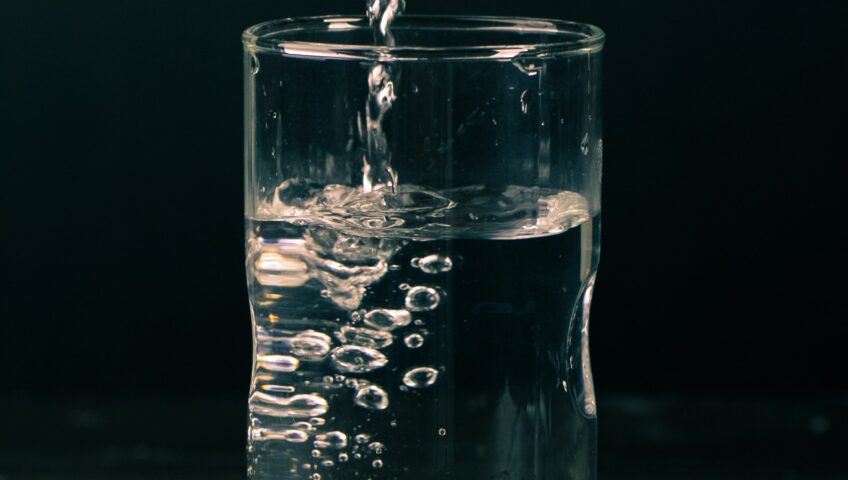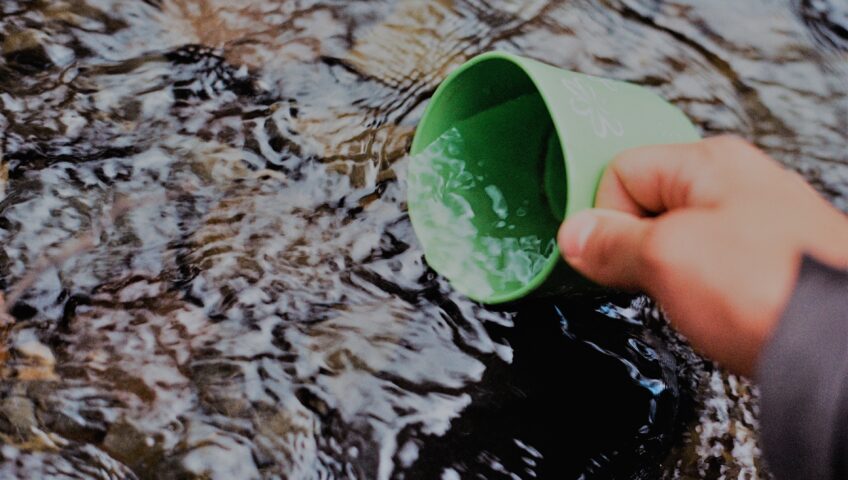It should come as no surprise that groundwater is the foundation of our drinking sources, but are we aware of the significance of preserving it for the sake of our health and the environment?
The United States Environmental Protection Agency (NYEPA) is responsible for regulating the public water systems that use groundwater. However, regulating groundwater is significant for both municipal and private water systems. Groundwater comes from natural sources beneath the earth's surface in the cracks between rock and soil; as such, they are susceptible to pollution. There are many factors that can contribute to polluted groundwater such as natural disasters like wildfires and flooding. When contaminated chemicals are mixed with the groundwater, it becomes unsafe, and when humans consume it, it provokes serious health issues. Inadequate sanitation can also subject people to a variety of diseases. Aside from the unpleasant smells, studies have shown that contaminated water can cause cancer and even miscarriages.
It is important that owners of private water systems are aware of the different methods they can use to make sure their wells are safe and, more importantly, protect their families from consuming contaminated water. Private owners must conduct research to determine what types of chemicals are prevalent in their regions, and then conduct yearly contaminant tests on their wells. Additionally, private owners must keep fertilizer away from their wells because these chemicals may migrate. The more private owners understand about wells, the better they will be able to safeguard their home's water system. Many websites, such as wellsowners.org, can keep owners up to speed on the latest information on how to maintain their wells.
Groundwater pollution has serious environmental consequences, including ecological deterioration, which has repercussions for food security. It is critical to be aware of our human actions that may have an impact on the environment. Human activities such as deforestation, plastic pollution, and toxic waste dumping are major contributors to these environmental issues. To avoid contaminating our groundwater, we must reduce human-caused environmental pollution by avoiding excessive fertilizer use and following the instructions of our groundwater regulators.








